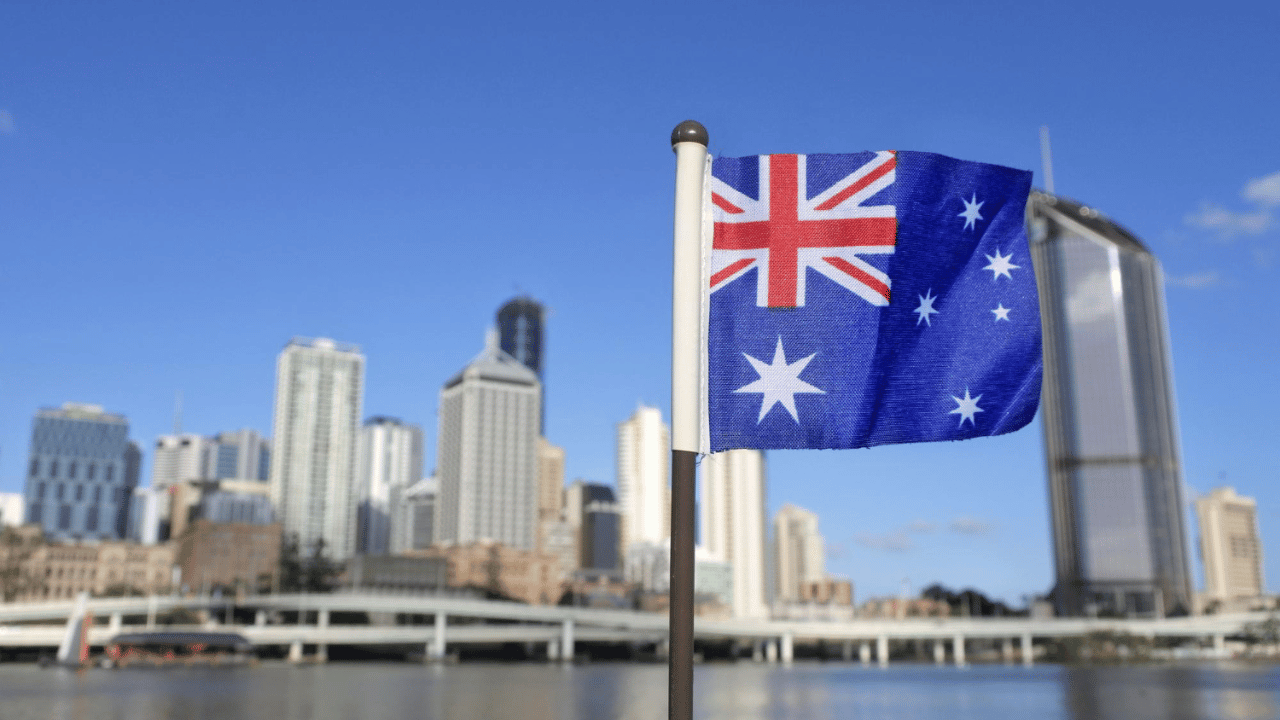Canada Needs to Rebuild Its Image as a Global Education Powerhouse

Eight out often (79%) respondents stated that Prime Minister Mark Carney's newly elected national government's approach to international students would be crucial to reviving Canada's reach to international students after more than a year of foreign enrolment caps, frequent policy changes, and declining approval numbers for study permit applications. Just 45% of study permit applications were granted in 2024, according to full-year data from Immigration, Refugees and Citizenship Canada (IRCC). In other words, more than fifty percent of all seekers were turned down. This is in contrast to 2023, when nearly 62% of all permits for study applications were approved.
It is the demand of time to rebuild trust in the approval of study permits, the procedure must be more transparent and unambiguous so that parents, counselors, and students are better aware of how an application for a study permit will be assessed. More significantly, students are more inclined to apply if they believe their applications will be reviewed fairly and openly and believe they have a good chance of being accepted. The possibility that students will be drawn to Canada once more would increase if the rate of approval for study visas to get back to more conventional standards. However, many students are afraid to apply right now, when they are rejected and the letter of rejection provides a generic reason as to why.
Canada is becoming less of a location for education and more of a route to immigration, and that is concerning. It is a hard time to change the perspective and put moreemphasis on Canada's excellent educational system to convenience prospective students to select Canada for their study including below points.
● The necessity of restoring confidence of international students through stable,clear policies and visa procedures
● The significance of competing on long-term value, particularly the standard ofinstruction and employment prospects for students both during and after theirstudies. This acknowledges that although students travel overseas for theireducation, expectations regarding their post-graduation results and totalreturn on investment are increasingly influencing their decisions
● The necessity of providing graduates with well-defined career pathways andinstitution-specific data on PGWP outcomes and graduate employment. Thissuggests that schools have a chance to improve career services, share studentoutcomes data and success stories more actively, and start offering thoseresources to students sooner in their overseas education journey.
● The significance of sectoral alignment on positive messaging regarding studying inCanada, a renewed dedication to promoting an amazing experience forinternational students
The fresh policy settings that have been in place as January 2024 have undoubtedly reduced demand among students for Canada. This is the right time for Canada to reenforce how Canadian educators, partners, and stakeholders can restore the trust amongst students and their families.
.png)

